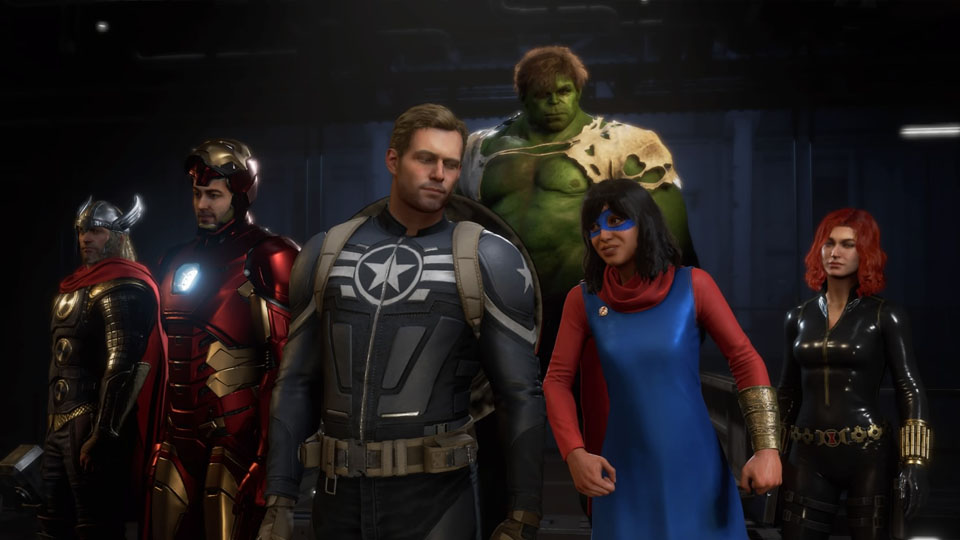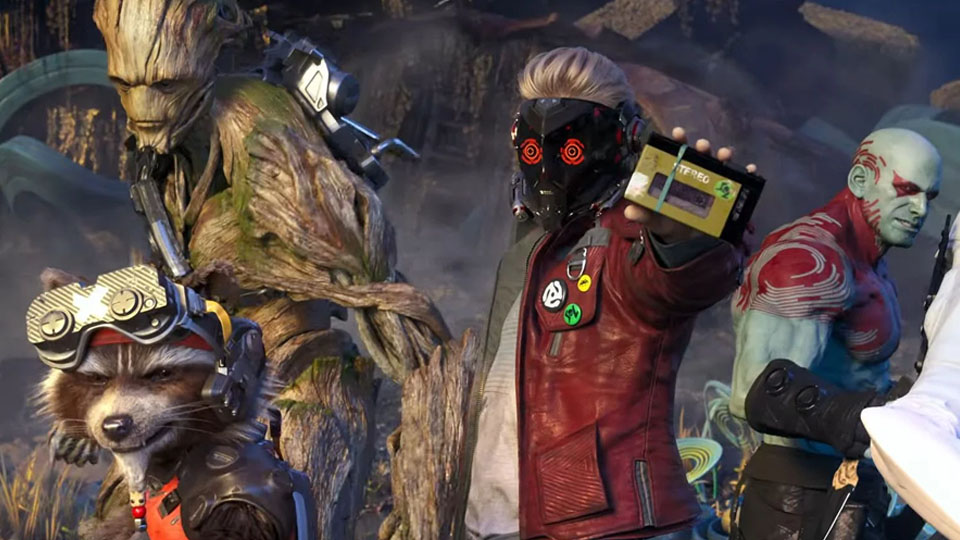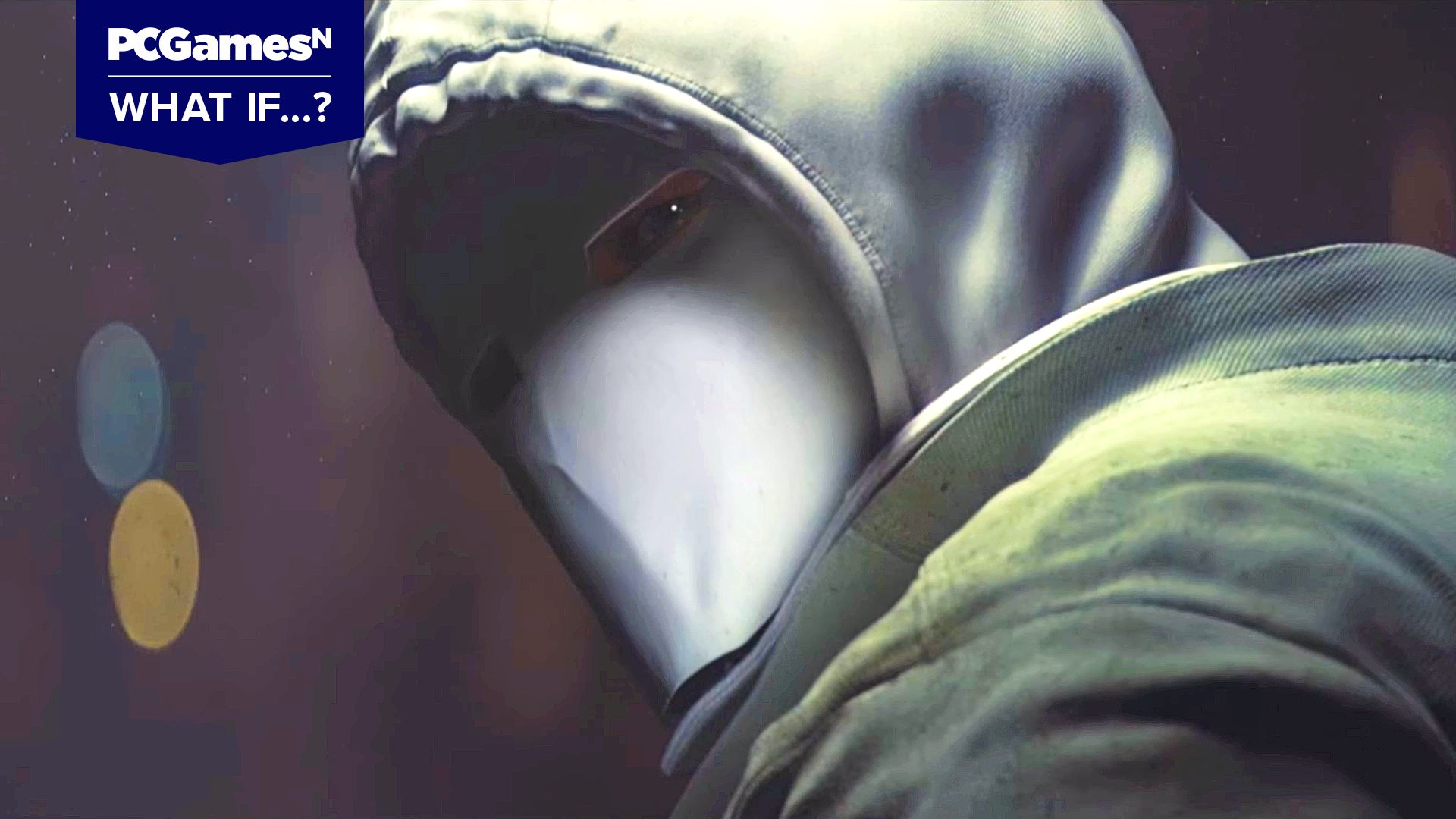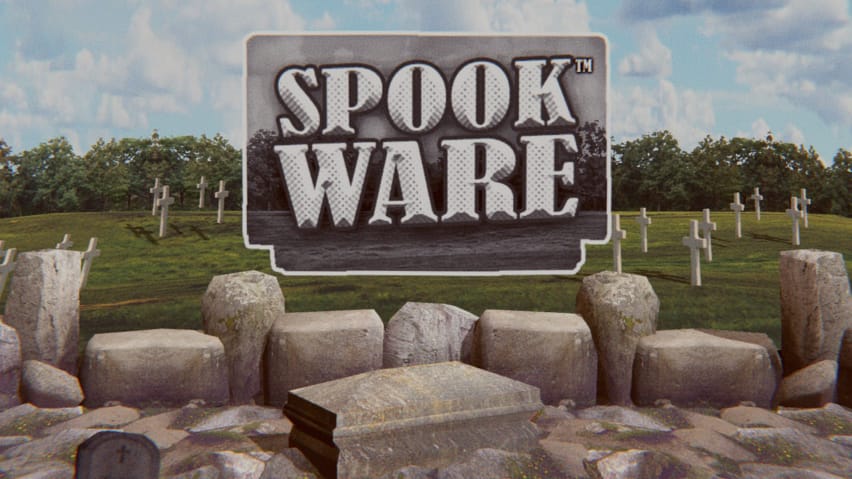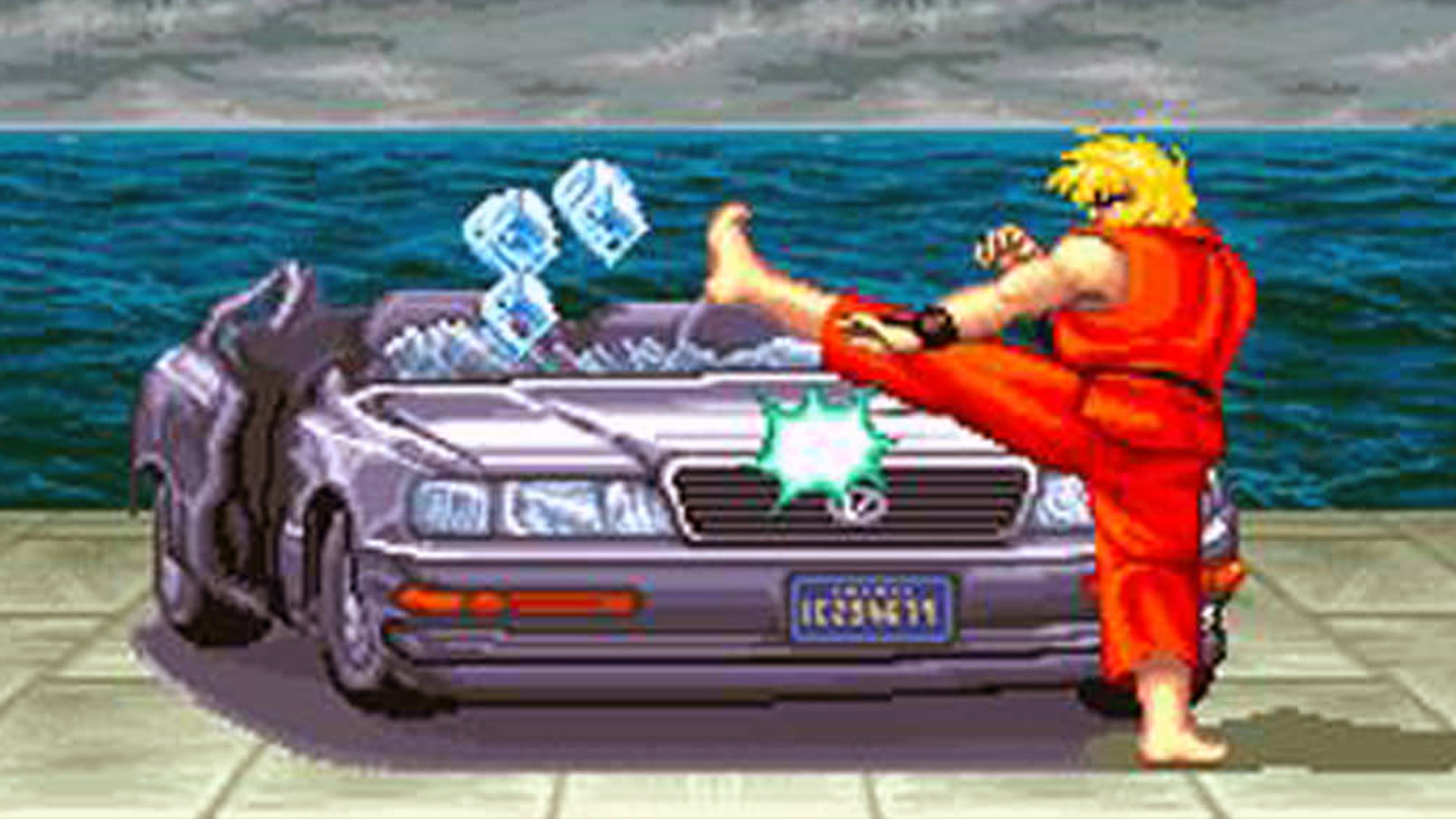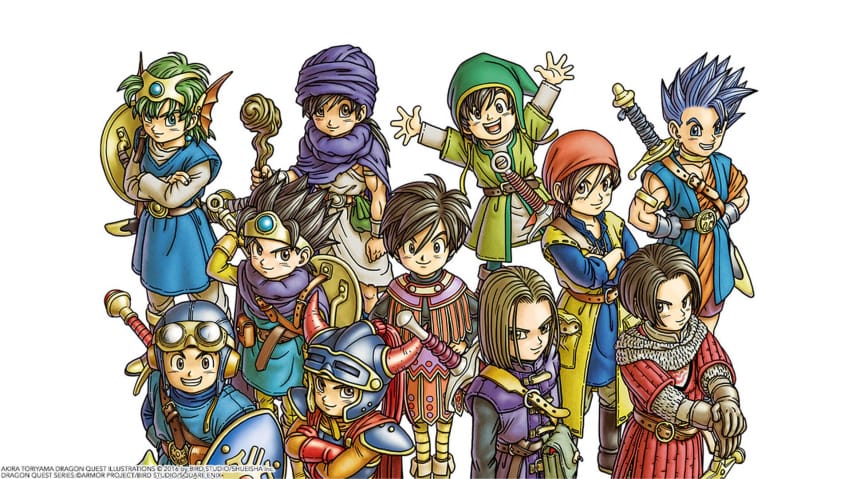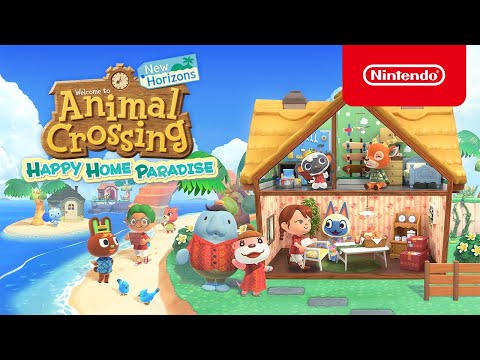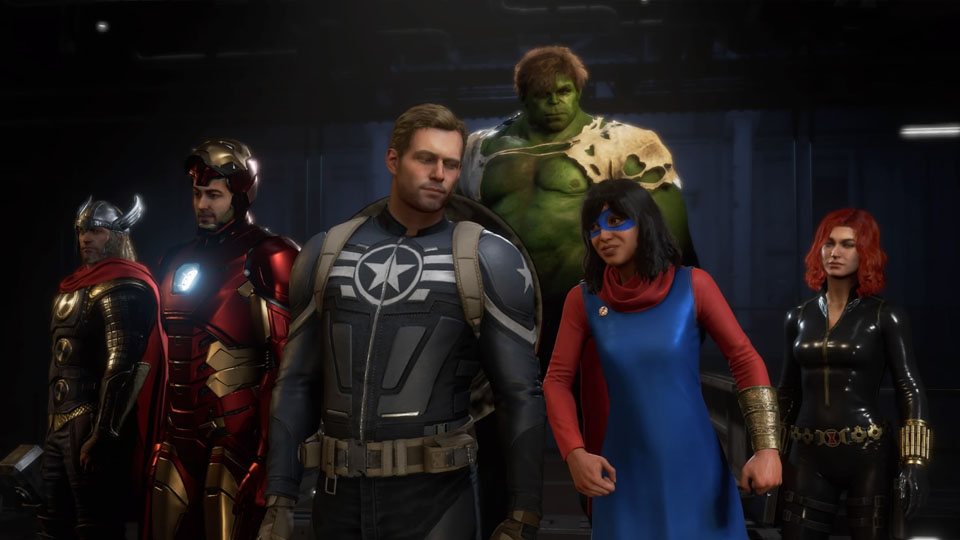
Marvel’s Avengers had a lot of promise. Developed by Crystal Dynamics – the team behind the Tomb Raider reboot trilogy – there was an instant pang of excitement and intrigue when the game made its debut. However, there was a long, long wait between that first CGI trailer from 2017 and a proper look at the final game.
Despite taking an interesting approach to well-established characters, Marvel’s Avengers didn’t quite live up to all the hype. When the game launched in later 2020, opinions were pretty middling. The game currently sits at a 68% on OpenCritic, and if you take a look at the reviews you’ll notice a lot of the same criticisms.
Before you play Guardians of the Galaxy, read these comics first
Crystal Dynamics managed to cram six Avengers and their wildly different combat playstyles into a co-op brawler with a good core storyline. However, the post-game grind, dodgy microtransactions, and lack of supervillains left Marvel fans wanting. Since launch Marvel’s Avengers has matured, adding three new heroes to its roster (Hawkeye, Kate Bishop, and Black Panther) while making regular core game improvements and adding new systems, but for many that will be too little, too late.
Guardians of the Galaxy is a second chance for Square Enix and I’m very hopeful for this game and how it addresses a lot of the criticism of Marvel’s Avengers.
For one thing, this is one hundred percent a single player game and it’s been designed to be that way from the very beginning. You play exclusively as Star-Lord, but are able to give commands to the rest of the Guardians during combat. In Marvel’s Avengers you would often find yourself stuck next to a hackable door while AI companions stand around twiddling their thumbs, so this comes as a big relief.
Eidos Montreal has been able to focus entirely on the campaign for Guardians of the Galaxy. Marvel’s Avengers always felt weirdly torn between its solo campaign and the multiplayer skirmishes. The intention to simply tell a great story in Square’s second Marvel game is clear, having snapped up the great Dan Abnett as lead writer. Why does this matter? Abnett – also known for some of the best stories in the Warhammer universe – created the Guardians of the Galaxy as we know them now, morphing the comic book line from obscure cosmic capers from the 1960s to a team that would go on to become a tentpole of the MCU.
The other benefit to Guardians of the Galaxy not having online multiplayer, we don’t have to worry anywhere near as much about loot mechanics, gear scaling, bad matchmaking or copy and paste levels. Through trailers and hands on time, we’ve already seen a ton of different locales, enemy factions, and villains plucked from the Guardians’ rich comic book history.
Square Enix has also confirmed there will be no microtransactions in the game. While there’s no guarantee the publisher will stick to this promise – how many times have we seen companies backtrack in the past? – Guardians of the Galaxy doesn’t appear to have as many opportunities for ill-fitting monetisation. Marvel’s Avengers has been pretty shameless when it comes to charging players top dollar for any character skins that look even remotely cool. Want to dress your team up as their MCU counterparts? Prepare to spend a lot of cash.
Marvel’s Avengers characters we want to see in-game
Of course, all this optimism needs to be balanced with a touch of caution. For example, with Star-Lord being the only playable character, will the combat gameplay gradually get stale? Will those team “huddles” quickly lose their novelty? Can the story carry us from start to finish without losing steam?
We’ll find out when Guardians of the Galaxy launches on October 26, 2020.
